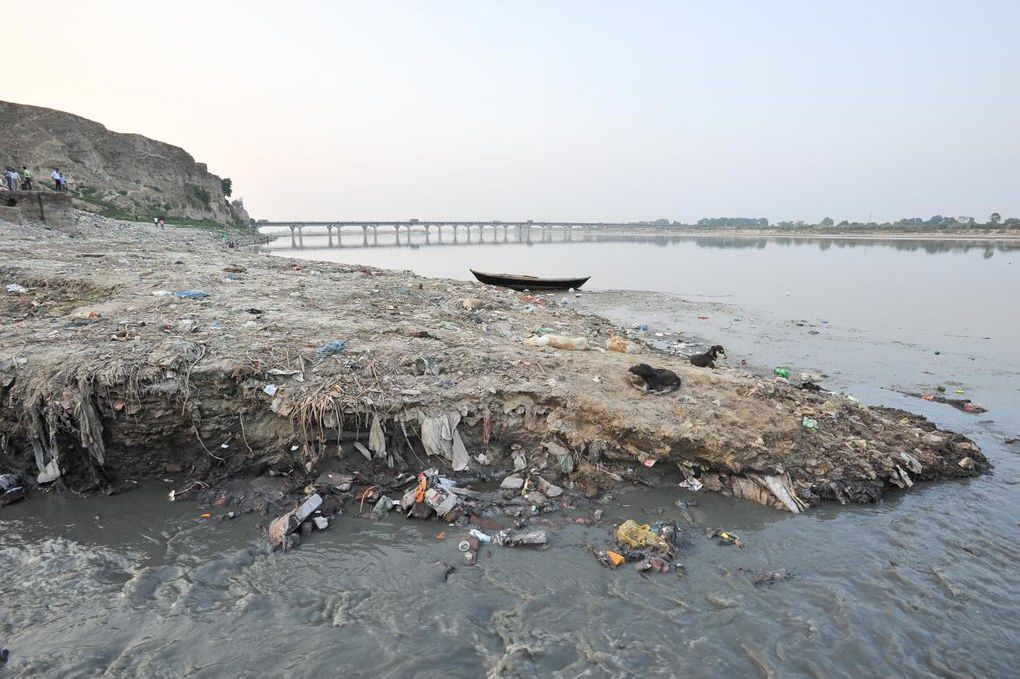Launched ahead of World Water Day, research conducted in Bangladesh could have dramatic implications both for poor households and the entire wastewater value chain
COLOMBO, SRI LANKA (21 March 2017) – Developing countries struggling to cope with huge volumes of human waste may finally get some relief, and a new business opportunity. A new study has found that spreading the cost of waste removal over a series of monthly payments could make costs more affordable for poor households and also help kickstart the conversion of this waste, or fecal sludge, into profitable by-products, like fertilizers and bioenergy.
Published this week in the journal PLoS ONE, the study focuses on the rural subdistrict Bhaluka in Bangladesh, where the government is looking to pilot an innovative local service for sludge management. Currently, households struggle to pay a large lump sum of $13 every 3-4 years to empty their pit latrines, which is approximately 14 per cent of their monthly income. Instead, the study has found that they could pay small monthly payments of as little as US$0.31 per month, or about what they spend monthly on a mobile phone service, over the same period.




